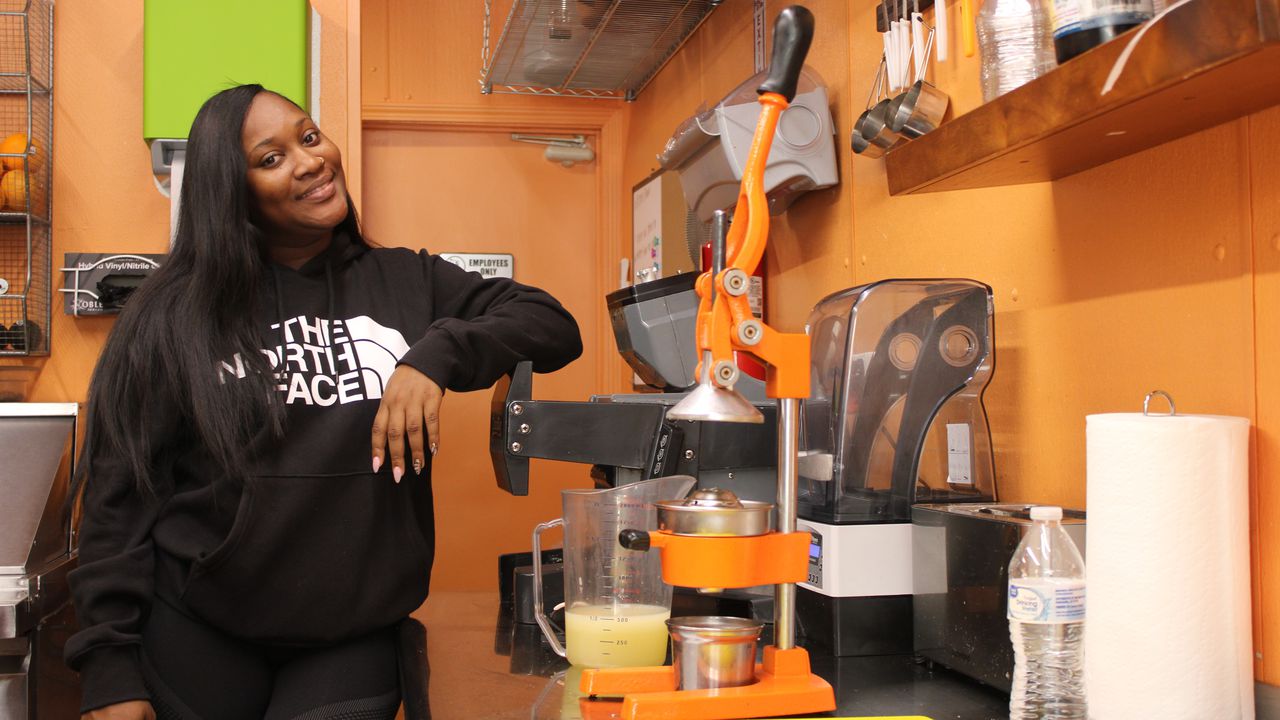Black Restaurant Week opens in Mobile: What to know
Black Restaurant Week, a nationwide campaign to promote discovery of Black-owned restaurants and culinary businesses, opens Friday in Mobile. Here’s what you need to know:
Black Restaurant Week was launched in 2016 in Houston. By 2022 it had grown to showcase a claimed 1,250 Black-owned culinary businesses in the United States and Canada. Along the way, it has split into a rolling schedule of regional celebrations. BRW Southeast ran Sept. 29-Oct. 8. Mobile is a part of the third annual BRW Gulf Coast, along with New Orleans; Jackson, Miss.; and Birmingham. The Gulf coast regional page at blackrestaurantweeks.com also lists venues in Elberta and Montgomery.
Organizers started with a sense that “the odds are continuously stacked against Black-owned culinary businesses,” and that the ways the COVID-19 pandemic disrupted the restaurant business exacerbated the challenge. The goal is to help via what is essentially a shared marketing effort.
The roster of participating businesses in Mobile, as of Friday:
- Chop Sugar bakery and catering, 744 Museum Drive, https://www.chopsugar.com/
- Ginger and Spice smoothie and juice bar, 208 Dauphin St., gingerspicelife.com
- Soul Heaven Café & Catering, 3365 Moffett Road Suite A, www.facebook.com/SoulHeavenCafe
- Tops Food Truck, 420 Holcombe Ave., www.facebook.com/TOPSFOODLLC
- Vegan Time food truck, www.facebook.com/VegantimeFoodTruck
For participants, such as Ginger & Spice owner ShaMyra Sylvester, the week is a welcome chance to broaden awareness of what she offers. Since opening Ginger & Spice earlier this year in a small space adjacent to the iconic A&M Peanut Shop, she’s drawn a clientele locals mixed with a steady stream of people staying in downtown hotels, who are looking for the healthy options they favor. It’s not always easy to eat healthy when you’re traveling, she said, so she regularly sees the touring performers and crews who visit nearby venues such as Soul Kitchen Music Hall and the Mobile Saenger Theatre.
Sylvester said the mission of Black Restaurant Week fits well with her own motivations for launching the business eight months ago. One of her concerns, she said, is the prevalence of diet-driven illnesses such as hypertension in the Black community. That’s what drove her to explore a diet heavy on juice and unprocessed, plant-based foods, she said, and once she experienced the benefits, she wanted to share them.
The menu includes cold-pressed juice drinks, superfood lattes, smoothie bowls, toasts and vegan wraps.
Sylvester said she sees Black Restaurant Week not just as a chance to draw in some new customers, but “to engage more with community.” She hopes it’ll be a boost for a growing community of Black business owners. She also sees the week as something that will help diners, regardless of race, notice they might not know they have.
“What’s interesting is that I didn’t grow up eating like this. I grew up eating like everyone else,” she said. “And so many people in my family suffered from hypertension, diabetes, heart disease, things like that that are diet-induced. I told myself I didn’t want to experience that.”
Rates of many of those conditions are higher in Black communities and life expectancy is shorter. Sylvester said that in part reflects a lack of access and awareness when it comes to healthier options.
“I started this juice bar as an ode to the community and a reminder that we can heal ourselves through fresh produce. That thought came from realizing that chronic illnesses and diet-related diseases are running rampant in the South,” she said. “Because we’re so gung-ho on eating fried everything and pork everything.”
“By bringing this juice bar online, it not only gave me the opportunity to create those [healthier] offerings, but also to let them see my face on it. A lot of times, if people can identify with your ethnicity, gender, whatever the case may be, they feel safer with the products I’m serving.”
